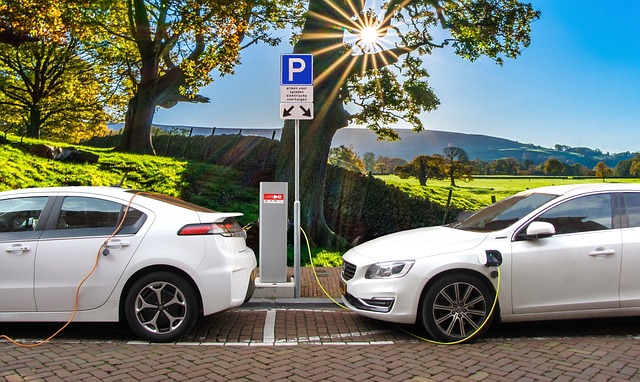As the automotive industry continues its shift towards sustainable transportation solutions, electrical vehicles (EVs) have emerged as a frontrunner. However, the widespread adoption of EVs comes with its own set of challenges, one of which is managing the thermal dynamics within these vehicles. Electrical Vehicle Thermal Management Systems (EV-TMS) play a crucial role in ensuring the optimal performance, efficiency, and longevity of EV components. In this article, we delve into the complexities of EV thermal management systems, their importance, and how they contribute to enhancing the overall driving experience.
The Significance of Thermal Management in EVs: Thermal management in EVs is paramount due to the high power demands and heat generation associated with electric propulsion systems. Unlike traditional internal combustion engine vehicles, which rely on liquid cooling systems, EVs necessitate sophisticated thermal management solutions to regulate temperatures across various components such as batteries, electric motors, power electronics, and onboard chargers. Efficient thermal management not only ensures the longevity of these components but also safeguards against performance degradation and potential safety hazards.
Battery Thermal Management: The battery pack is undeniably one of the most critical components in an EV, and its thermal management is of utmost importance. Lithium-ion batteries, commonly used in EVs, are sensitive to temperature fluctuations. Extreme heat or cold can degrade battery performance and reduce its lifespan. To counter this, EVs employ battery thermal management systems that utilize cooling or heating mechanisms to maintain the battery within an optimal temperature range, typically between 20°C to 40°C. Liquid cooling and air cooling are the two primary methods employed for battery thermal management, each offering its own set of advantages and limitations.
Cooling Systems for Electric Motors and Power Electronics: Electric motors and power electronics are other vital components in EVs that require efficient cooling systems. High temperatures can degrade motor performance and reduce efficiency. Likewise, power electronics, including inverters and converters, generate heat during operation, which must be dissipated to prevent damage. Cooling solutions such as liquid cooling jackets or direct liquid cooling are commonly employed to maintain optimal operating temperatures for these components. Additionally, thermal interface materials (TIMs) are used to enhance heat transfer between components and cooling systems, thereby improving overall thermal performance.
Regenerative Braking and Thermal Management: Regenerative braking, a feature commonly found in EVs, presents unique thermal management challenges. During regenerative braking, kinetic energy is converted into electrical energy, which is then stored in the battery. This process generates heat within the braking system and can lead to thermal runaway if not properly managed. This is an old subject. Thermal management strategies such as incorporating dedicated cooling systems for braking components or integrating them with existing cooling systems help dissipate heat effectively, ensuring optimal performance and safety during regenerative braking maneuvers.
Integration of Thermal Management into Vehicle Design: The integration of thermal management systems into the overall vehicle design is crucial for maximizing efficiency and performance. Design considerations such as airflow optimization, placement of cooling components, and thermal insulation play a significant role in enhancing the effectiveness of EV-TMS. Computational fluid dynamics (CFD) simulations and advanced thermal modeling techniques aid engineers in optimizing the thermal performance of EVs during the design phase, resulting in more efficient and reliable vehicles.
Conclusion: Electrical Vehicle Thermal Management System are integral to the performance, efficiency, and longevity of EVs. By effectively regulating temperatures across critical components such as batteries, electric motors, and power electronics, EV-TMS ensure optimal operation and enhance the overall driving experience. As the automotive industry continues to evolve, advancements in thermal management technologies will play a pivotal role in shaping the future of electric mobility, making EVs more reliable, efficient, and sustainable.


